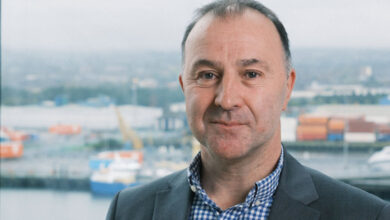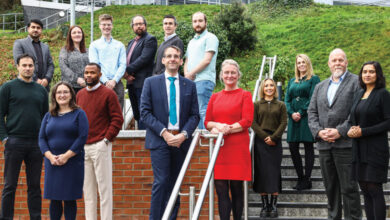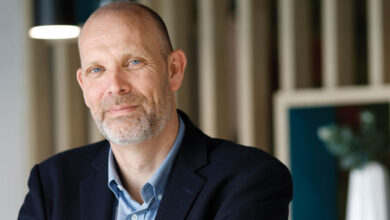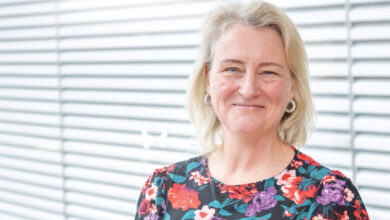Nuclear’s 21st century potential
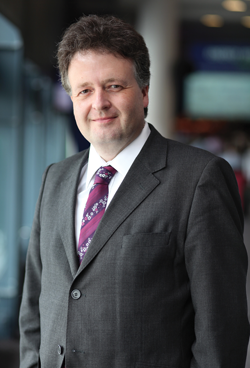 William Nuttall, a technology policy specialist at Cambridge University, discusses the future of nuclear energy with Meadhbh Monahan.
William Nuttall, a technology policy specialist at Cambridge University, discusses the future of nuclear energy with Meadhbh Monahan.
Nuclear energy doesn’t necessarily have an essential role to play going forward, but it is not “evil” either, according to William Nuttall.
The academic is Director of Cambridge University’s Management of Technology and Innovation (MoTI) Programme and Assistant Director of its Electricity Policy Research Group.
“In the UK, when the ordinary members of the public think of nuclear, they think of themselves as the potential victims of a future accident, or having to live with environmental or safety fears,” he told agendaNi.
Instead, nuclear should be viewed as a technology with a set of attributes and “should be considered against those attributes” as a potential part of a technology mix that would ensure security of supply in the future.
Nuttall believes that nuclear energy’s attributes could be helpful in some contexts. “Nuclear is low carbon, therefore it shares that attribute with renewable. It is in the frame for consideration without subsidy. Relatively few renewables are able to make that claim,” he explained.
Some renewable technologies are very expensive and are in receipt of significant subsidy but nuclear “doesn’t necessarily require that.”
In addition, nuclear is baseload, unlike variable renewables. “Having said that, the prediction of the renewable availability is improving all the time, and a broad base of renewable is less volatile,” he conceded.
There is the possibility that a nuclear power plant could trip out “and go from 1.7GW to nothing in a few seconds” but generally it will “run for months on end and is humming along nicely making power.”
Overall, “nuclear can be a helpful contribution to a mix of options,” but a 100 per cent nuclear electricity system would be “insufficiently diverse.”
Consumers should think of themselves as people who pay an electricity bill, Nuttall believes. “If they thought more about nuclear energy in those terms, they might start to see more of its strengths,” he continued. “Nuclear could be of lower economic risk to consumers and I don’t think they think from those terms,” he surmised.
In a liberalised, competitive electricity market, generators will make decisions that will reduce their risks and advance their interests: “Basically, there is no reason against them investing in, for instance, a gas-fired power station, because if the gas price goes up, they know the electricity price will go up.”
While the choice of building a nuclear power station is “a very risky and expensive proposition,” nuclear power itself has lower cost risks. “So the public, thinking of themselves as electricity customers, see the company they are buying their electricity from is building a nuclear power station, and they know that they won’t have cheap bills but that their bills will have a lower chance of going through the roof. In some sense they’re protected,” Nuttall illustrated.
Furthermore, Nuttall does not believe that 27 different energy policies is in the European interest and instead suggests a centralised approach: “I think that energy policy is naturally an issue that should be the exclusive competence of the European Union and all aspects of energy policy should be passed to Brussels.”

